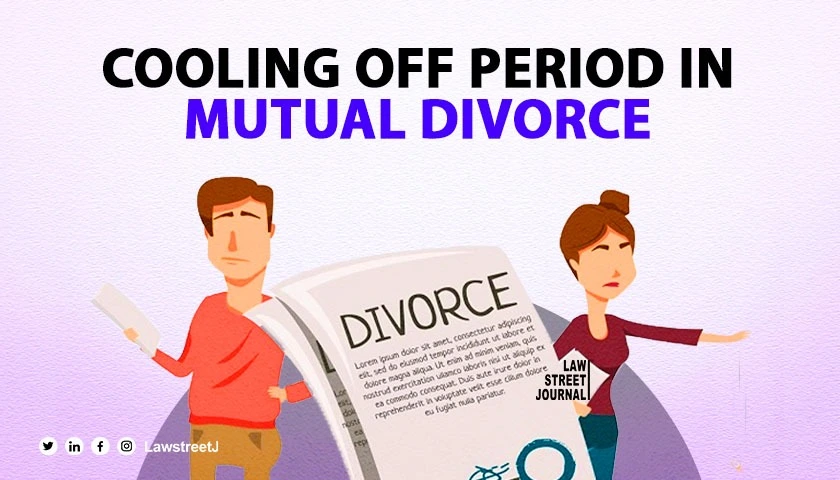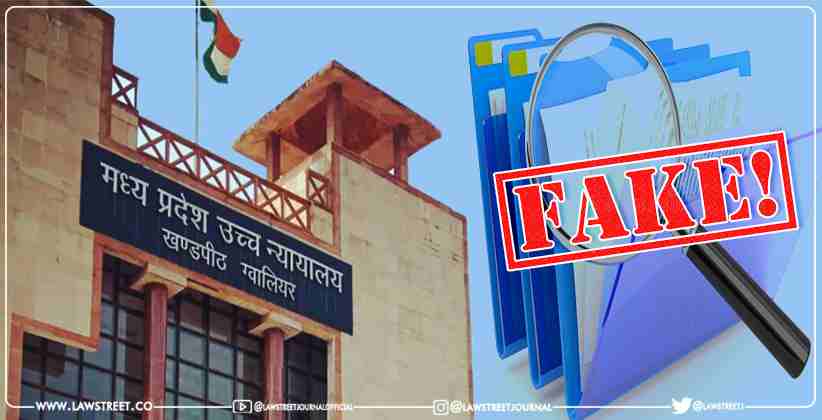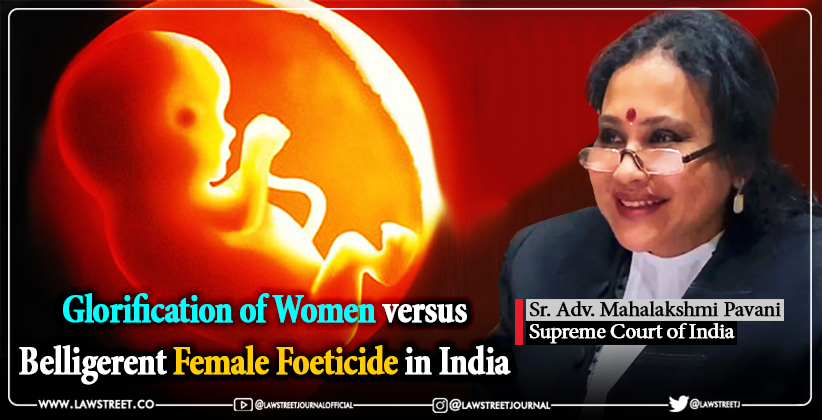Madhya Pradesh: The Madhya Pradesh High Court has ruled that the inconvenience of parties to appear before the court cannot be a valid reason to waive the six-month statutory cooling-off period prescribed under Section 13-B(2) of the Hindu Marriage Act, 1955, before granting a divorce by mutual consent.
Justice G.S. Ahluwalia heard a miscellaneous petition filed by Sushant Kumar Sahu, challenging the trial court’s order rejecting his application to waive the cooling-off period in a mutual divorce case. The petitioner and his wife had filed for divorce by mutual consent on 01/07/2024, with their statements recorded on 02/07/2024. The trial court had scheduled the case for recording their second statements on 10/01/2025.
The petitioner argued that since he resides in Bhopal while the case is pending in Jabalpur, it was difficult for him to appear before the trial court frequently. He sought to waive the cooling-off period based on the Supreme Court’s judgment in Amardeep Singh vs. Harveen Kaur (2017), which held that the six-month cooling period is directory, not mandatory.
Rejecting the petition, Justice Ahluwalia observed:
“Even in the application filed under Section 13-B of the Hindu Marriage Act, it has not been pleaded by the petitioner that they have decided to move ahead in their life. The main ground which has been pleaded in the application is that since the parties have been residing separately since 01/10/2017 and both are required to stay out of station in connection with their work, they are facing difficulty in attending the case.”
The court emphasized that the cooling-off period serves a crucial purpose, stating:
“Under these circumstances, the inconvenience of the parties to appear before the Court cannot be a ground to waive the cooling period. The basic purpose of making a provision for the cooling period is to reconsider the decision of getting separated.”
Justice Ahluwalia outlined four conditions that need to be satisfied for waiving the statutory period under Section 13-B(2) of the Hindu Marriage Act:
“(i) All efforts of mediation and conciliation, including efforts in terms of Order 32-A Rule 3 CPC, Section 23(2) of CPC, and Section 9 of the Family Courts Act to reunite the parties, have failed and there is no likelihood of success in that direction through further efforts;
(ii) The parties have genuinely settled their differences, including alimony, custody of the child, or any other pending issues;
(iii) The waiting period will only prolong their agony;
(iv) The parties have decided to move ahead in their lives.”
The court noted that the divorce petition had not been pending for more than six months and that the petitioners had not demonstrated that they had decided to move ahead in their lives. It also pointed out that even if the trial court were directed to take up the matter for the second motion immediately, the parties would still be required to appear in court.
Finding that the petitioner failed to provide sufficient grounds for a waiver of the cooling period, the High Court dismissed the petition, upholding the trial court’s decision. The court concluded that the trial court did not commit any error by rejecting the application for a waiver of the cooling period.





![High Court Prohibits Compulsion of Hijab and Islamic Texts on Students of Different Faiths at Ganga Jamuna School [Watch Video]](/secure/uploads/2023/09/lj_5754_f71da9b5-c632-4d0b-94b8-6f36245eb157.jpg)
.jpeg)






